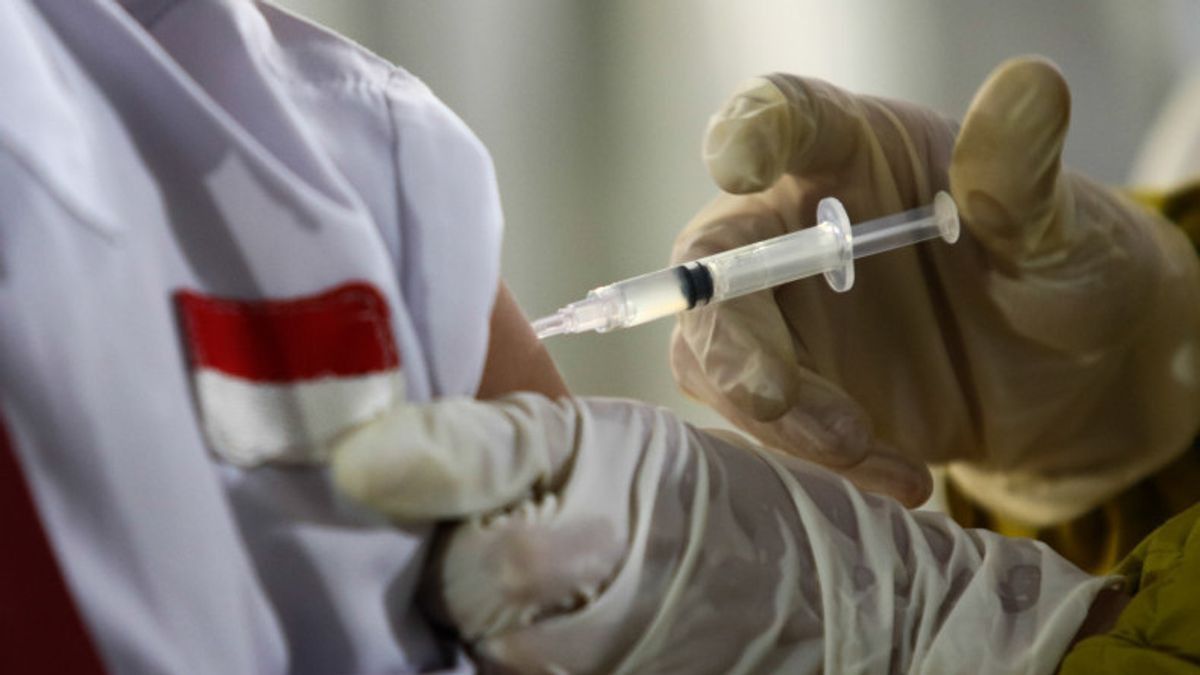JAKARTA - Head of the Department of Pulmonology and Respirational Medicine, Faculty of Medicine, University of Indonesia (FK UI) Prasenohadi, stated that the new variant of COVID-19 does not show the efficacy of symptoms when infecting someone.
<quo;Initially it nestled in the upper respiratory tract. But in reality, with time travel, it turns out that this virus is capable of reaching certain organs. So why now the symptoms are not typical, ” Prasenohadi said in a Talkshow on Symptom Development in the BA.5 Subvariant which was followed online in Jakarta, Antara, Friday, August 26.
Prasenohadi said that initially infections due to COVID-19 attacked the upper respiratory tract. Symptoms suffered by patients are also coughs, runny noses, fever such as influenza or coupled with shortness of breath when moderate to severe symptoms.
Currently, in cases of the Delta variant, the most reported symptoms by patients are shortness of breath. Meanwhile, in cases of the Omicron variant, the most common symptoms are coughing.
This may be due to antibodies increasing due to high vaccination coverage or Omicron which is weaker than Delta's malignancy. However, over time, it was also found that people who were exposed to COVID-19 actually had symptoms such as diarrhea.
Prasenohadi explained that the more missing uniqueness was because the virus could spread to certain body organs and interfere with organ function running well as usual.
<quo; Often found by people with diarrhea, the PCR was positive and he only complained about diarrhea or patients with decreased consciousness. That's because it can attack the brain, attack the intestines, kidneys and so on,” said the doctor who also works at the Friendship Hospital.
Another cause is that it is found that the virus will hit organs that are considered weak, so complaints about the symptoms felt by the patient can no longer be said to be distinctive.
From several COVID-19 tests that he carried out, it was found that there were patients who had tested negative for COVID-19, but suddenly suffered kidney or heart problems. There are also patients who claim to feel tired more quickly and experience blood clot disorders.
The English, Chinese, Japanese, Arabic, and French versions are automatically generated by the AI. So there may still be inaccuracies in translating, please always see Indonesian as our main language. (system supported by DigitalSiber.id)
Most Popular Tags
#Prabowo Subianto #New Year #airplane accident #Hasto Kristiyanto #nataru #squid game 2Popular
31 Desember 2024, 05:24
31 Desember 2024, 05:00
31 Desember 2024, 04:00
31 Desember 2024, 00:04
31 Desember 2024, 08:00













